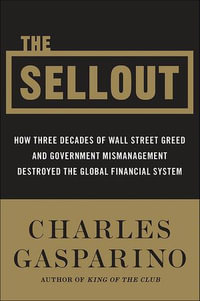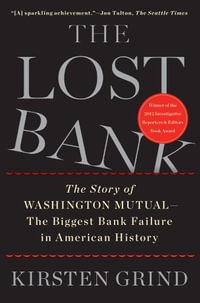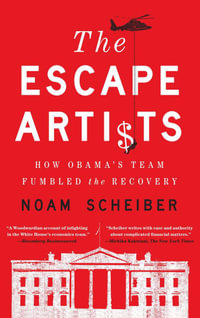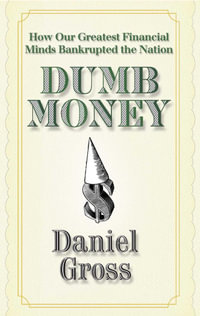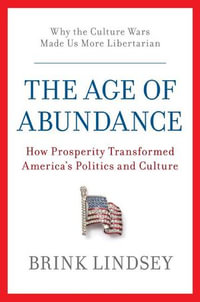Booktopia has been placed into Voluntary Administration. Orders have been temporarily suspended, whilst the process for the recapitalisation of Booktopia and/or sale of its business is completed, following which services may be re-established. All enquiries from creditors, including customers with outstanding gift cards and orders and placed prior to 3 July 2024, please visit https://www.mcgrathnicol.com/creditors/booktopia-group/

The Economy of Ancient Egypt
State, Administration, Institutions
By: Mahmoud Ezzamel
eBook | 21 August 2024
At a Glance
eBook
$77.99
Available: 21st August 2024
Preorder. Download available after release.
ISBN: 9781040113189
ISBN-10: 1040113184
Series: Routledge Explorations in Economic History
Available: 21st August 2024
Format: ePUB
Language: English
Publisher: Taylor & Francis
You Can Find This eBook In
This product is categorised by
- Non-FictionEconomicsEconomic History
- Non-FictionHistoryEarliest Times to Present DayAncient History to the Year 500Classical History & Civilisation
- Non-FictionHistoryRegional & National HistoryAfrican History
- Non-FictionEconomicsPolitical Economy
- Non-FictionArchaeologyArchaeology by Period & RegionEgyptology and Egyptian Archaeology
- Non-FictionHistoryGeneral & World History




